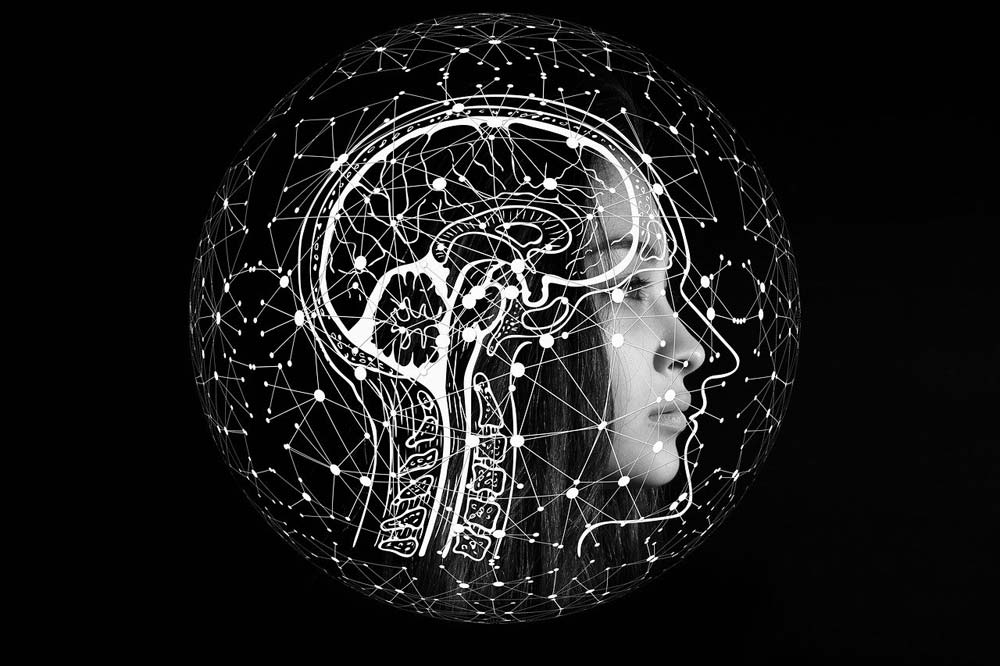Artificial Intelligence (AI) refers to the development of computer systems that are capable of performing tasks that typically require human intelligence, such as understanding natural language, recognizing images, and making decisions based on complex data. The field of AI encompasses a wide range of technologies and techniques, including machine learning, natural language processing, computer vision, and robotics.
At its core, AI is based on the idea of creating intelligent machines that can perceive their environment, reason about that environment, and take actions to achieve specific goals. This involves a combination of hardware and software components, including sensors, processors, and algorithms that enable machines to learn from experience and make decisions based on data.
There are several different types of AI, including:
- Reactive machines: These AI systems are designed to react to specific inputs and produce outputs based on that input. They do not have the ability to form memories or use past experiences to inform their decisions.
- Limited memory: These AI systems are able to use past experiences to inform their decisions, but they do not have the ability to learn and adapt over time.
- Theory of mind: These AI systems have a more advanced understanding of the world and are able to understand the beliefs, desires, and intentions of other entities.
- Self-aware: These AI systems have a deep understanding of themselves and are able to understand their own thoughts and emotions.
One of the key technologies that enable AI is machine learning, which involves training a machine to recognize patterns in data and make decisions based on that data. This involves feeding large amounts of data into a machine learning algorithm, which then uses that data to make predictions or decisions. Over time, the machine learning algorithm becomes more accurate and is able to make better decisions based on the data it has been trained on.
Another key technology in AI is natural language processing (NLP), which enables machines to understand and interpret human language. NLP involves using algorithms to analyze text or speech and extract meaning from it, allowing machines to understand and respond to natural language commands and queries.
AI also encompasses the field of robotics, which involves the development of intelligent machines that can perform physical tasks. Robotics involves a range of technologies, including sensors, actuators, and machine learning algorithms, that enable machines to perceive and interact with their environment.
The potential applications of AI are vast and wide-ranging, spanning industries such as healthcare, finance, transportation, and manufacturing. In healthcare, AI systems can be used to analyze patient data and provide personalized treatment recommendations. In finance, AI can be used to analyze market data and make investment decisions. In transportation, AI can be used to improve traffic flow and reduce accidents. In manufacturing, AI can be used to optimize production processes and improve quality control.
However, AI also presents a range of ethical and societal challenges, including issues related to bias, privacy, and job displacement. To address these challenges, it is important to develop AI systems that are transparent, accountable, and ethical, and to ensure that the benefits of AI are distributed fairly across society.
Overall, AI represents a rapidly evolving field with the potential to transform many aspects of our lives, but it is important to approach this technology with a thoughtful and responsible mindset.



